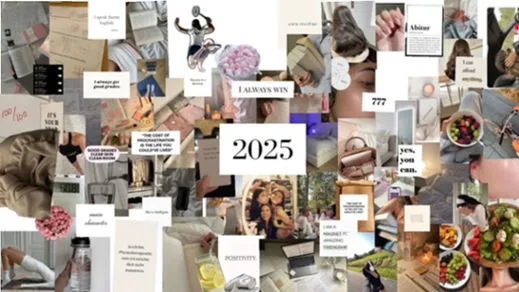A new study has found that people who have been single all their lives often report lower life satisfaction and exhibit different personality traits compared to those who have been in past relationships or marriages. The research, conducted by a team including researchers from the University of Bremen, Germany, surveyed over 77,000 people aged 50 and above across 27 European countries.
Study Findings: Lower Extraversion and Life Satisfaction
The study is the first of its kind to examine lifelong singlehood across various cultures. It discovered that individuals who had never been in a serious long-term relationship scored significantly lower on extraversion, conscientiousness, openness, and life satisfaction compared to those who had been in relationships in the past.
“People who have been single all their lives were found to be less extraverted, less conscientious, less open to new experiences, and less satisfied with their lives,” said Julia Stern, lead author of the study. These findings suggest that lifelong singles may benefit from more tailored support networks to address their specific needs.
Impact on Elderly and Need for Support Networks
The research also pointed out the importance of social networks for elderly singles, who face additional challenges like health and financial issues. As Stern emphasized, “The help they need is usually provided by a partner, so there is a pressing need for support systems catered to singles.”
While the study could not definitively determine whether personality traits or socialization factors are the primary causes of these differences, researchers believe that the selection effect is a likely factor. In other words, people with certain personality traits, like being more extraverted, may be more likely to enter into relationships in the first place.
The Influence of Society’s Expectations on Singlehood
Singlehood in cultures where marriage is expected could worsen life satisfaction. The study highlighted that in countries with higher marriage rates, such as in Southern Europe, lifelong singles tend to report lower life satisfaction. However, the study also found that single women score higher on life satisfaction compared to single men, and older individuals tend to be more content with their single status than middle-aged people.
Creating Supportive Programs for Lifelong Singles
To improve the well-being of lifelong singles, Stern suggested creating programs that specifically address their unique personality traits and needs. “If singles have people who care for them or look out for them regularly, this could greatly improve their life satisfaction,” she said.























